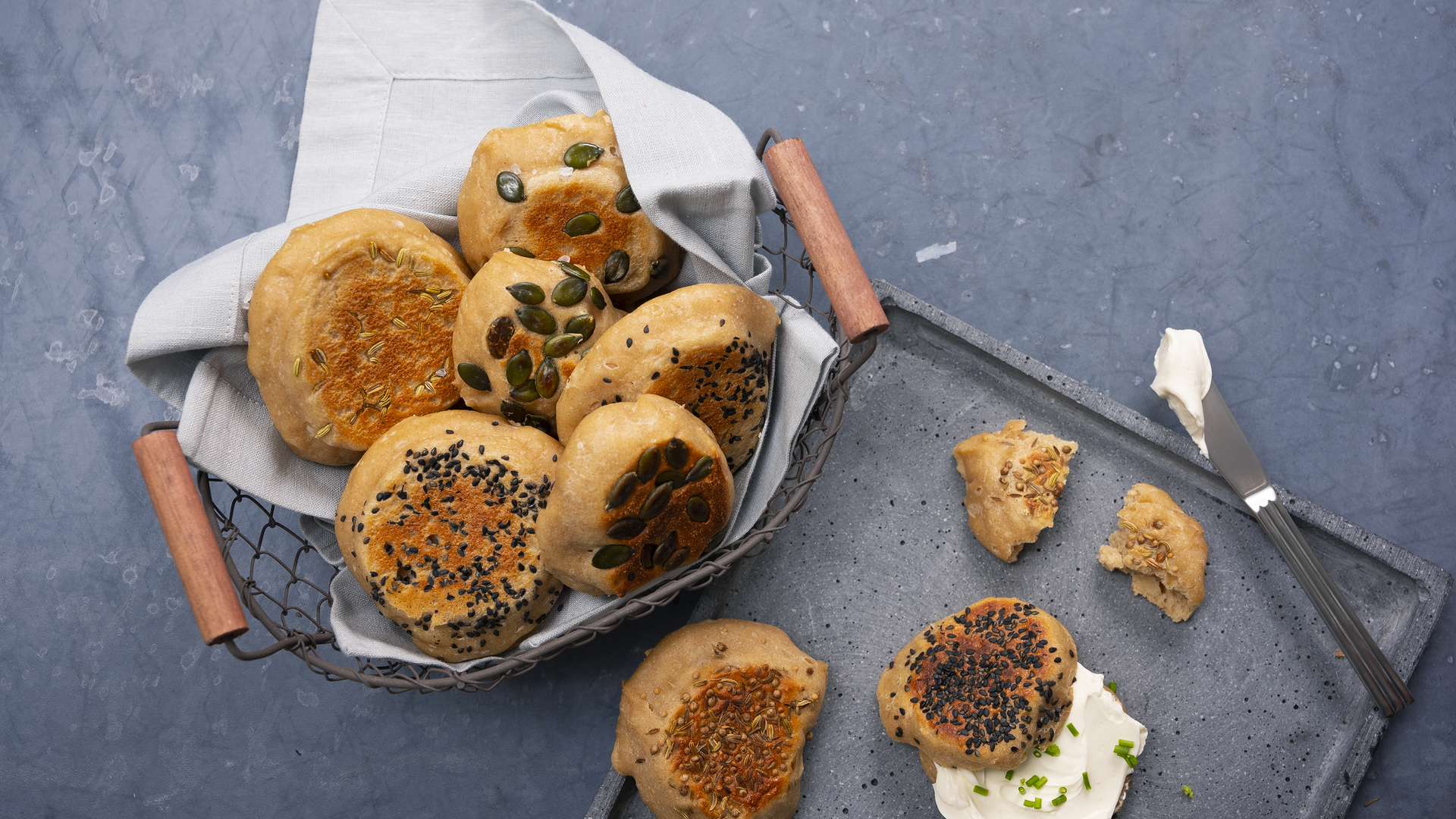
A healthy start to the day
It is commonly known that a hearty breakfast is essential for a good start to the day. In fact, it’s said to be the most important meal of the day. But how important is breakfast really? What should we eat if we want to be particularly alert and active – and what’s best to avoid?
Is breakfast really the most important meal of the day?
Scientists have been puzzling over the matter for decades: is breakfast good for our bodies or can we skip it without worrying? British biochemist, Terence Kealey, goes so far as to call breakfast dangerous because it often leads to obesity and thus to diabetes.
Fortunately, breakfast isn’t quite so bad. For children and young adults, it actually prevents blood sugar levels from rising too high. According to studies, children who grow up eating breakfast tend to be slimmer when they get older. But what about adults?
In principle, breakfast is not a must. Evolutionary history shows that if people have a good sleep-wake rhythm, they have enough energy to get them through the first half of the day even without eating in the morning. People first started eating breakfast over 2,000 years ago in Egypt. Back then, baked goods and fruit were on the menu, washed down with beer and wine. But nowadays, we tend to prefer alcohol-free alternatives to kick-start the day.
Wholegrain toast instead of cornflakes
Although there is some debate as to how important breakfast really is, one thing’s for sure: if you do eat breakfast, then it should be healthy and balanced. A mix of carbohydrates (preferably from whole grains), fruit and vegetables as well as protein foods such as milk, yoghurt and cheese keep you feeling full the longest and are therefore ideal for a healthy start to the day. Ginger, oats, citrus fruits and other types of fruit, such as apples or bananas, are the best foods to wake you up.
Cold cuts on bread, however, are best to be avoided because processed meat is hard to digest and makes you feel tired. Your body is busy processing the fat in the meat and needs energy to do this that it could be using for other things. White flour and sugar also lie heavy in your stomach. So, instead of grabbing a very sugary smoothie from the chilled section, you’d be best to prepare a fresh orange juice.
If you’re in a hurry in the mornings
You’d like to eat breakfast but you just don’t have time to prepare a tasty bread roll or a bowl of muesli in the morning? These tips will help you if you’re in a hurry in the mornings:
- There are many things that you can prepare just as well the evening before. For example, you could soak oat flakes in water or milk overnight so that all you have left to do the next morning is top them with some berries and honey.
- If you don’t have time or you don’t feel hungry in the morning, simply make something to take with you. Home-made smoothies are just as good on the go, or you could top some wholemeal bread with some cheese or avocado or simply grab a banana.
- If you have a particularly stressful morning, you could also stop off at the bakery on the way to work. But be careful about what you choose for breakfast here: spelt flour bread, multi-grain bread and pumpernickel are all particularly healthy.
With these tips and our delicious breakfast recipes, it probably won’t be too hard to decide whether or not to eat breakfast!